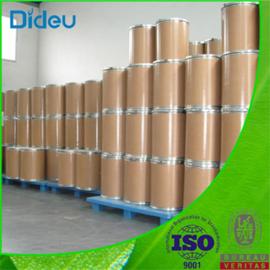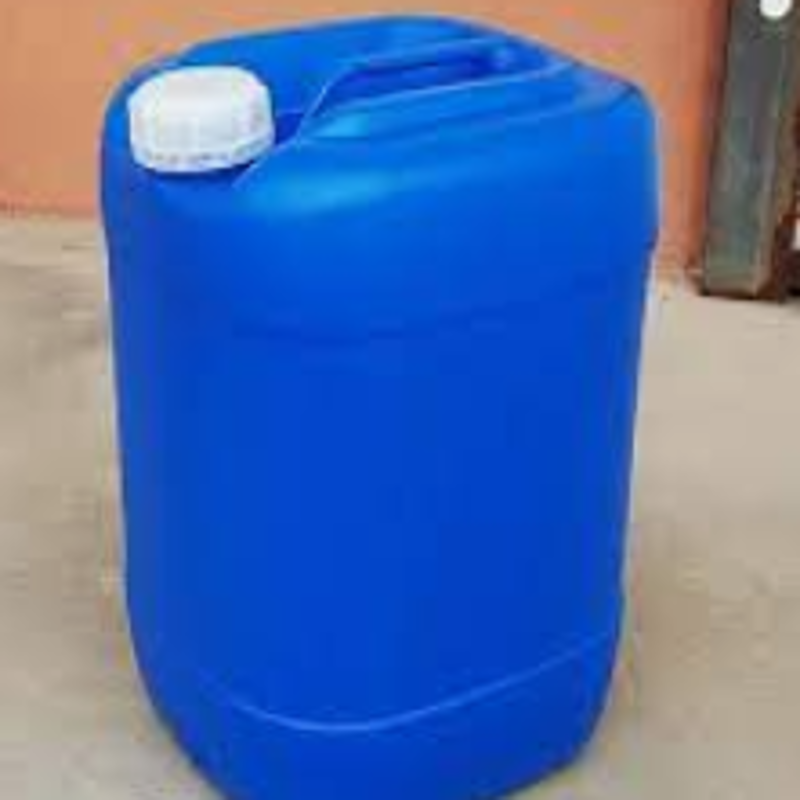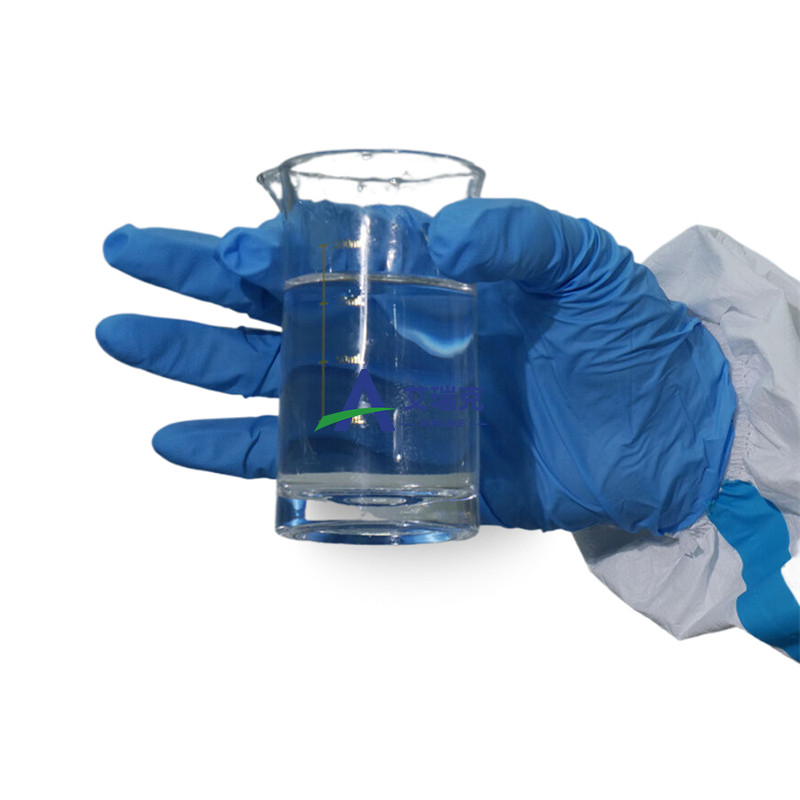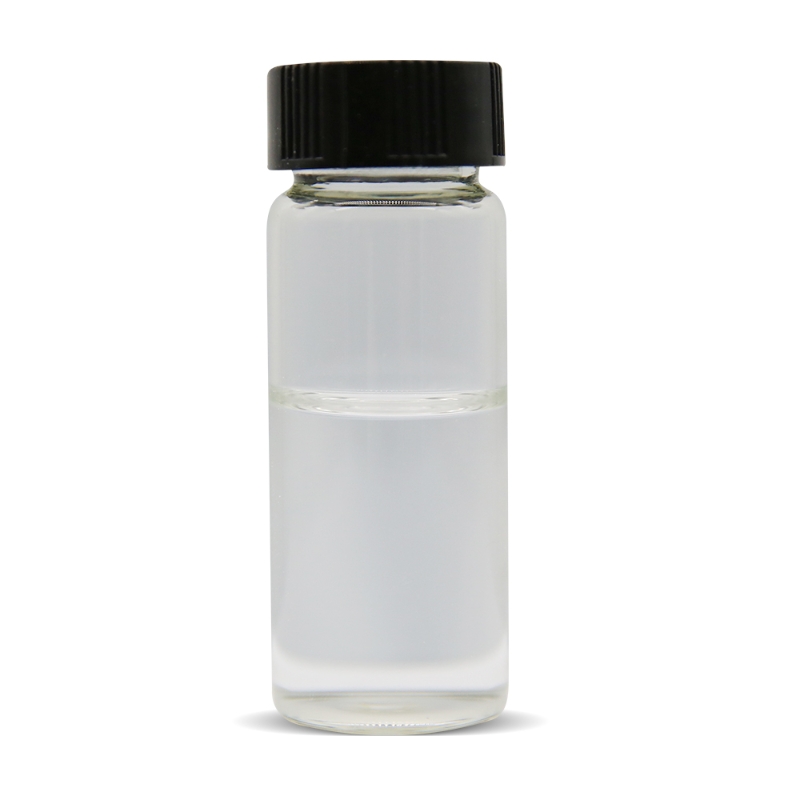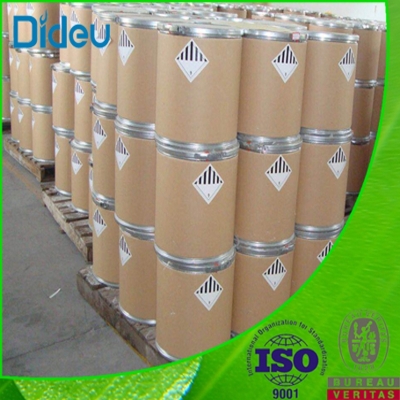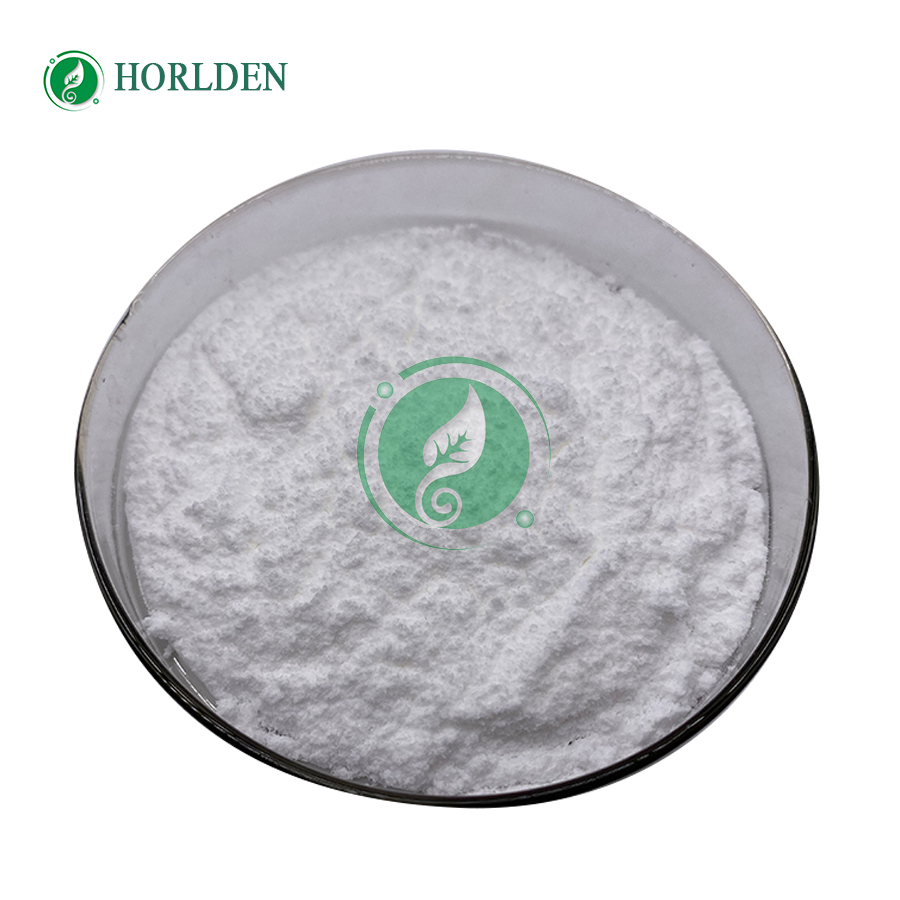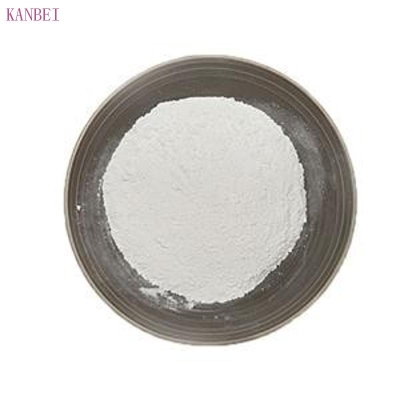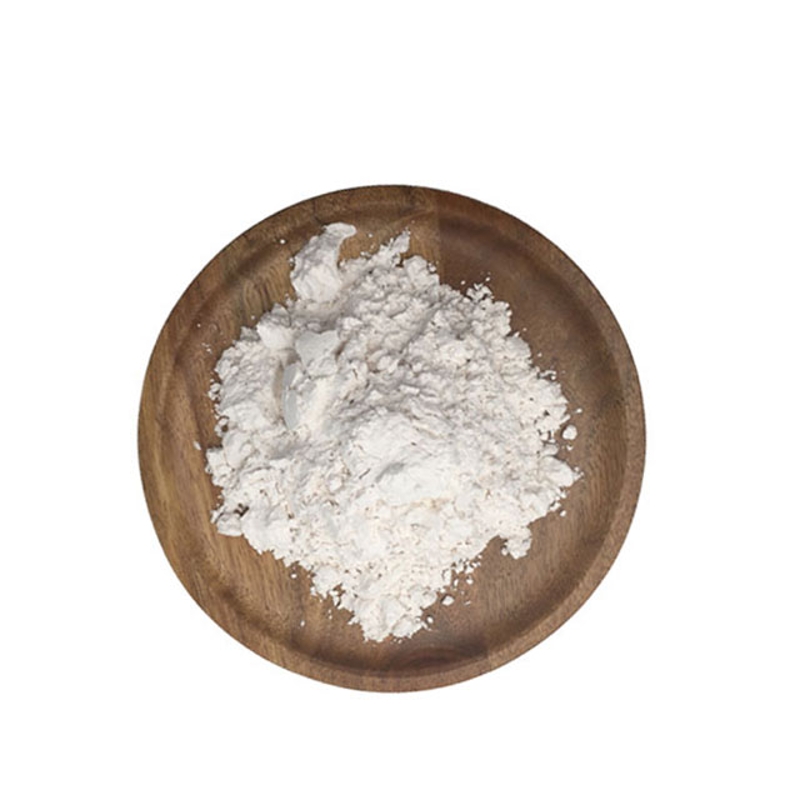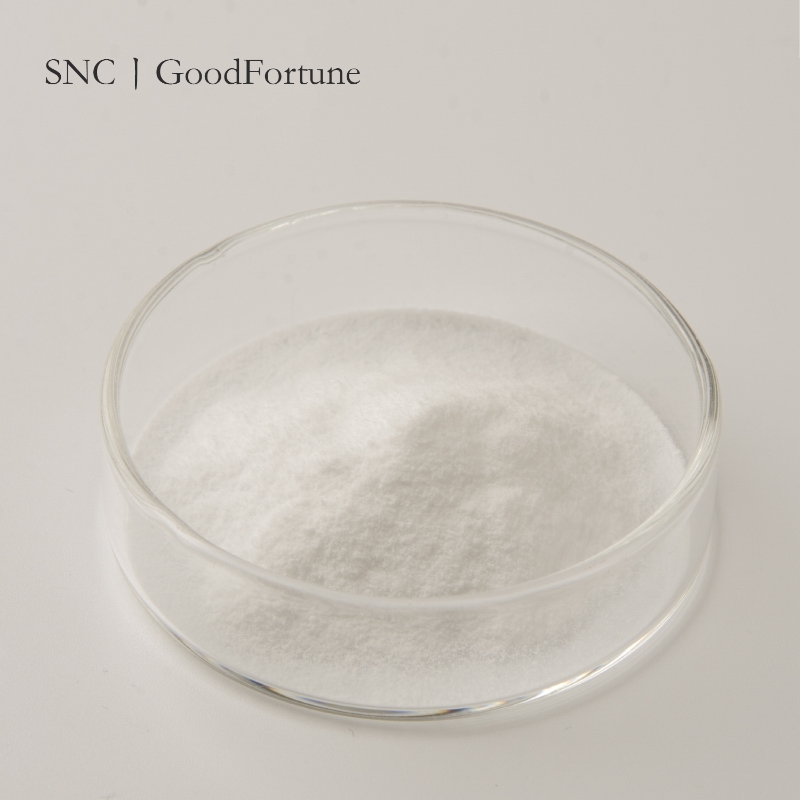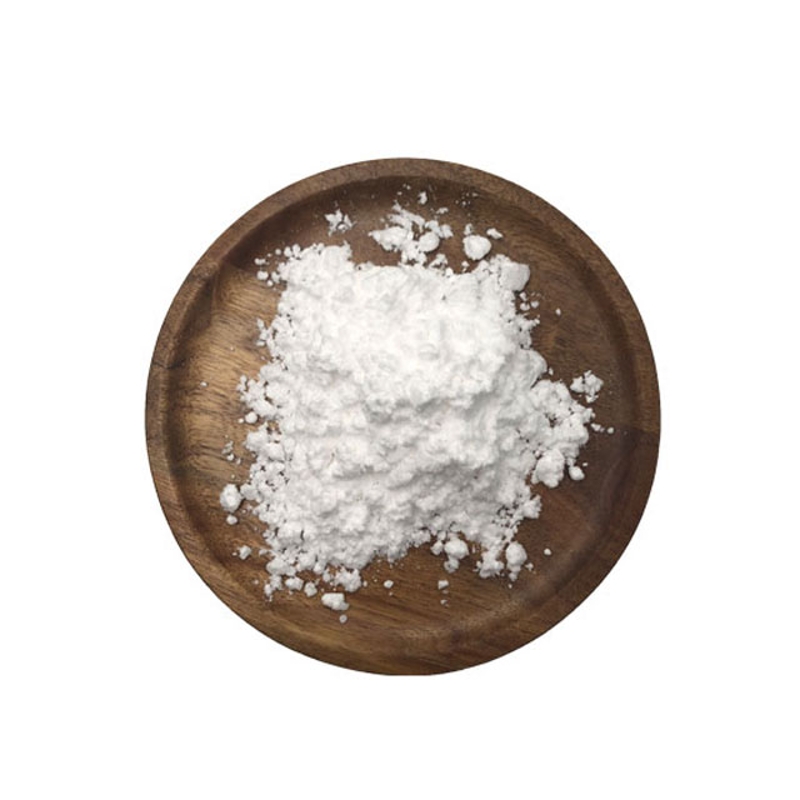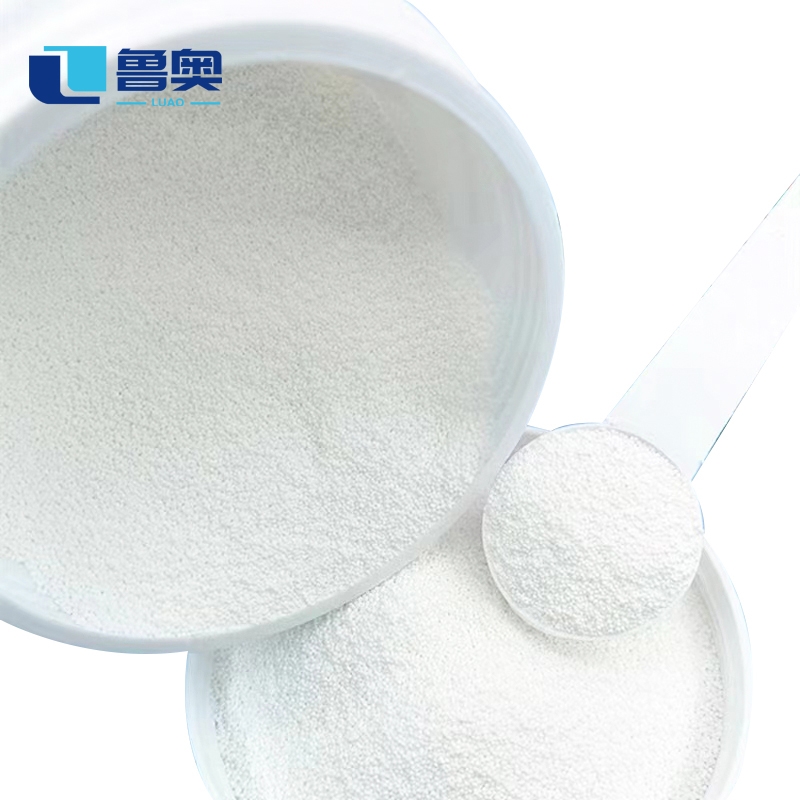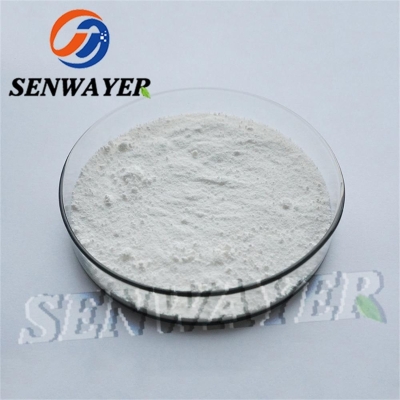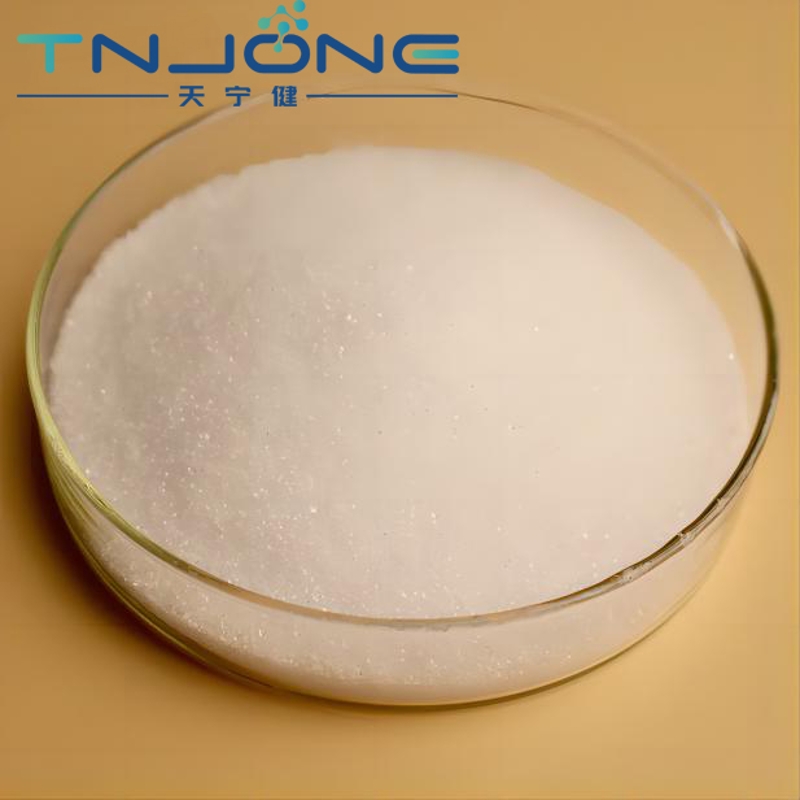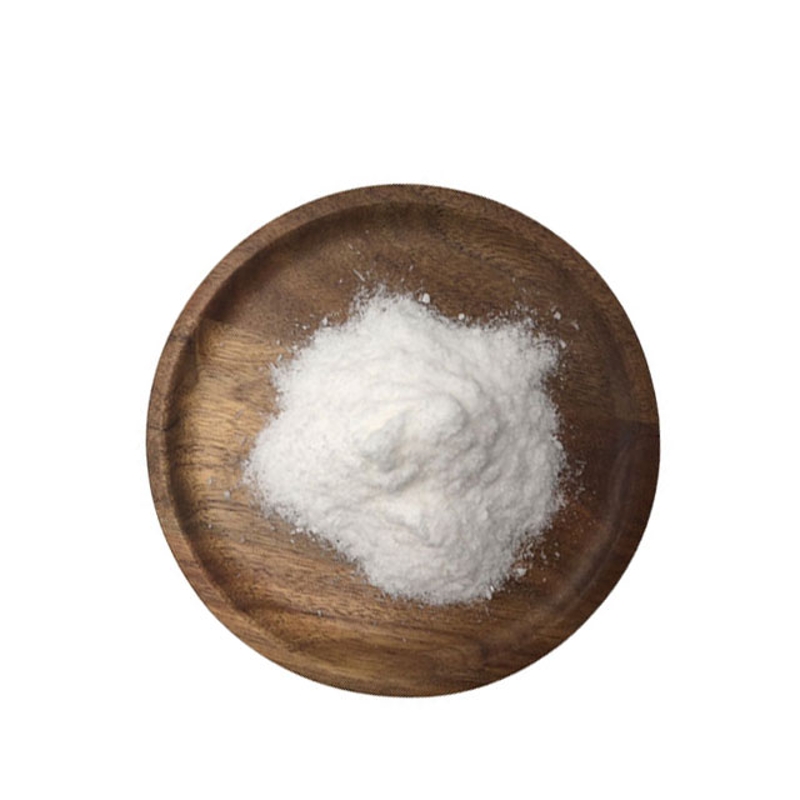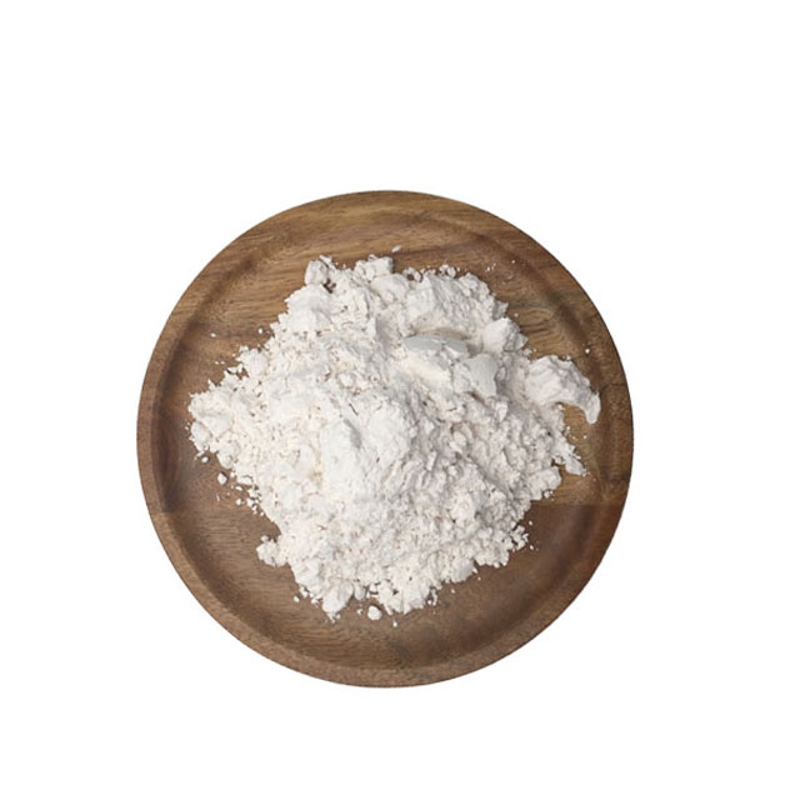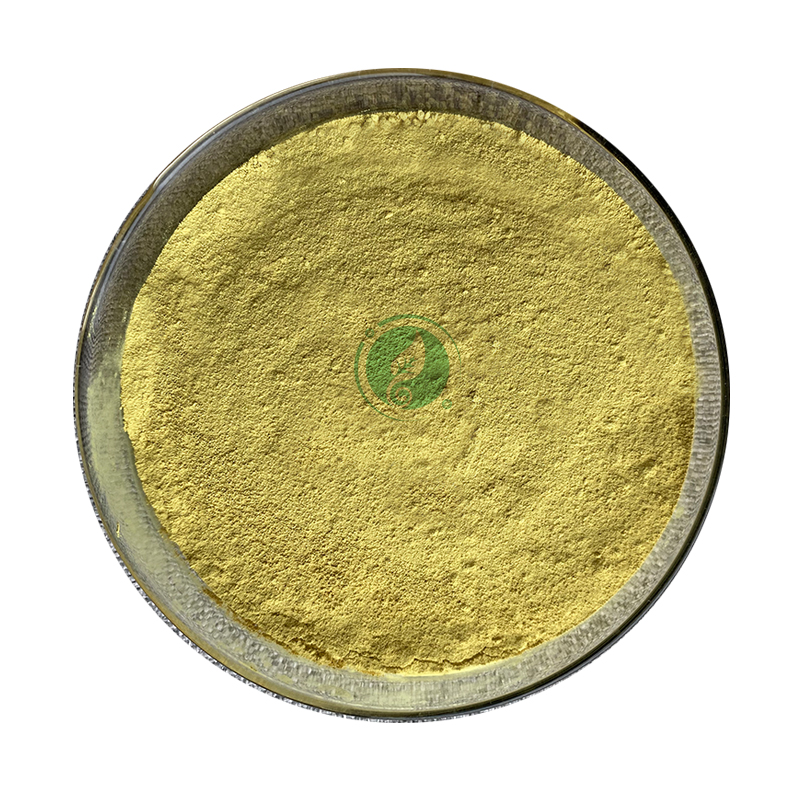Active Pharmaceutical Ingredients
- • Respiratory Drugs (112)
- • Hormones and the Endocrine System (273)
- • Antipyretic Analgesics (165)
- • Antiallergic Drugs (103)
- • Antiparasitic Drugs (127)
- • Antibiotics (530)
- • Antineoplastic Agents (287)
- • Anesthetic Agents (79)
- • Urinary System Drugs (51)
- • Other Chemical Drugs (913)
- • Synthetic Anti-infective Drugs (587)
- • Nervous System Drugs (345)
- • Fluid, Electrolyte, and Acid-base Balance (48)
- • Vitamins and Minerals Medicines (102)
- • Digestive System Drugs (194)
- • Blood System Drugs (85)
- • Circulatory System Drugs (410)
- • Diagnostic Agents (58)
- • Specialty Drugs (108)
- • Drug Metabolism (22)
- • Feed Additive (21)
- • Anti-stress Drugs (1)
- • Drugs Influencing Immune Function (14)
- • Veterinary Raw Materials (23)
- • Inhibitor Drugs (65)
Related News
-
At the API China 2024 Spectacle: A Grand Recap!
2024-10-18 -
The 89th API China & The 27th CHINA-PHARM Exhibition Opened
2024-06-05 -
Overview of China's API industry in 2023
2023-02-01 -
Global Analysis of Active Pharmaceutical Ingredient (API)
2023-01-28 -
Professional and technical dry goods: a brief discussion on the selection of starting materials for chemical synthesis APIs
2022-11-18 -
In 2021, India's Ibuprofen API Export Volume and Price will Fall
2022-06-20
Sort Synthetic Anti-infective Drugs Alphabetically
Synthetic Anti-infective Drugs
Get Synthetic Anti-infective Drugs Raw Materials by RegionAcetate ion
(71-50-1)-
Pharmacy Grade / 99%
$0.1-0.12/G FOB
-
![Acetate buy Acetate]()
-
![acetate buy acetate]()
-
![acetate buy acetate]()
Request for quotation , get quotes from more suppliers.
Acetic acid
(64-19-7)-
Pharmacy Grade / 99%
-
Pharmacy Grade / 0%
-
Pharmacy Grade / 99.5%
-
Pharmacy Grade / 99%
Acyclovir
(59277-89-3)-
Pharmaceutical / 99%
-
Pharmacy Grade / 99%
-
Pharmacy Grade / 99%
-
Pharmacy Grade / 99%
Request for quotation , get quotes from more suppliers.
-
Pharmaceutical Grade / 99%
$100/KG EXW
-
Pharmacy Grade / 99%
-
Industrial Grade / -
-
- / 99.00%
Request for quotation , get quotes from more suppliers.
Adefovir dipivoxil
(142340-99-6)2. A nucleotide analog, useful as an oral reverse transcriptase inhibitor (ntRTI).
-
Pharmacy Grade / 99%
-
Pharmacy Grade / 99%
-
Pharmacy Grade / 99%
-
![Adefovir dipivoxil buy Adefovir dipivoxil]()
Industrial Grade / pharmaceutical grade / 99%
Request for quotation , get quotes from more suppliers.
Source Synthetic Anti-infective Drugs Products Supply
Azidothymidine
(30516-87-1)-
Pharmacy Grade / 99%
-
Pharmaceutical Grade / 99%
$100/KG EXW
-
Pharmacy Grade / 99%
-
- / 99.00%
Request for quotation , get quotes from more suppliers.
-
pharmaceutical grade/food grade / 95%
-
Pharmacy Grade / 98%
-
Pharmacy Grade / 99%
-
pharmaceutical grade / 99.9%
Request for quotation , get quotes from more suppliers.
Arbidol
(131707-23-8)2. A medicinal agent for treating viral infections.
-
Pharmacy Grade / 99%
-
Pharmacy Grade / 99%
$20-25/KG FOB
-
Pharmacy Grade / 99%
-
Pharmaceutical Grade / 99%
$100/KG EXW
Request for quotation , get quotes from more suppliers.
-
Pharmacy Grade / 99%
-
Industrial Grade / -
-
- / 99.00%
-
![Abacavir buy Abacavir]()
Industrial Grade / 99%
Request for quotation , get quotes from more suppliers.
Atovaquone
(95233-18-4)-
Pharmacy Grade / 99%
-
Pharma Grade / 98%
-
- / 99.00%
-
Veterinary grade / 99%
$6-7/G FOB
Request for quotation , get quotes from more suppliers.







